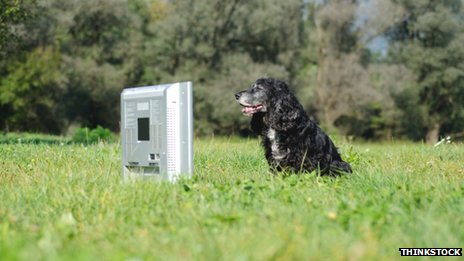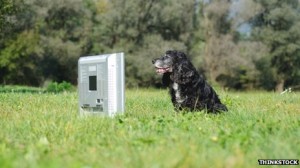Weekly Science Picks


Welcome to this edition of Weekly Science Picks.
What a busy news week – with the markets up, the transportation incidents with planes and trains, major flooding in China…well, there’s been a lot going on. And there were numerous stories of scientific importance reported on as well. So I’ve listed the stories I’ve found significant this week. Topics include climate change, space, physics, public health, girls in education, and dogs watching TV. Yes, dogs watching TV. There’s a little something for everyone. So kick back, with your favorite beverage in hand and soak up some knowledge.
TOP STORIES
Distant quakes ‘can trigger wastewater-site temblors’ by Jason Palmer
The notion of natural earthquake triggering is not new; in hydrothermal and volcanic areas, tremors can be triggered by large, distant earthquakes. But the new study suggests what is in effect a new category: natural triggering of seismic events primed by human activity.
If you’d like to read the full paper, you can check it out on Science: Injection-Induced Earthquakes by William L. Ellsworth
NASA Warned to Go Slow On Asteroid Capture Project by Richard A. Kerr
NASA’s plan to retrieve a tiny asteroid as a steppingstone for astronauts on the way to Mars in the 2030s could be just the exciting project that the space agency needs to garner public support in these severe budgetary times, speakers at a workshop held yesterday in Washington, D.C., said.
Climate Change Will Cause More Energy Breakdowns, U.S. Warns by John M. Broder
Every corner of the country’s energy infrastructure — oil wells, hydroelectric dams, nuclear power plants — will be stressed in coming years by more intense storms, rising seas, higher temperatures and more frequent droughts.
NEWS TO BE AWARE OF
ScienceShot: Sterilizing Human Waste, No Electricity Required by Lizzie Wade
Thanks to a new invention, all you need is some sunshine, a little water, and a dash of gold nanoparticles.
Optical lattice atomic clock could ‘redefine the second’ by Rebecca Morelle
The devices, called optical lattice clocks, lost just one second every 300 million years – making them three times as accurate as current atomic clocks.
At UN, Malala Yousafzai rallies youth to stand up for universal education by UN News Centre
“Let us pick up our books and our pens. They are our most powerful weapons. One teacher, one book, one pen, can change the world,” Ms. Yousafzai said, in an impassioned address to the UN Youth Assembly.
SLIGHTLY OFF-KILTER
Are dogs starting to watch more television? by Magazine Monitor, BBC News
As always, stay thirsty for knowledge my friends.
Let us know what news stories matter to you by dropping us a line. We’ll keep an eye out.
Burnes K (2013-07-14 00:50:28). Weekly Science Picks. Australian Science. Retrieved: Jul 12, 2025, from http://ozscience.com/news/weekly-science-picks-37/
 Follow
Follow